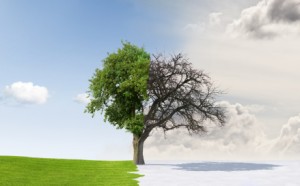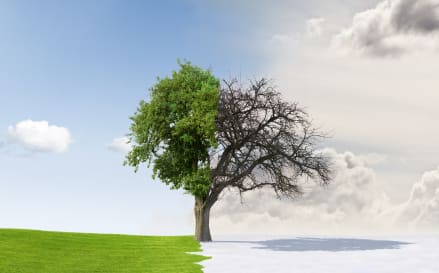 In a year of particularly early holidays, where Pesach fell at the frosty end of March and Chanukah begins on Thanksgiving, a mid-September Sukkot doesn’t seem so shocking. That is, to those who live in the Northeast and Midwest United States. People from these areas are used to adding a few layers when Sukkot falls out farther into the autumn season. This year’s slight calendar shift simply means that there’s no need for that third pair of socks.
In a year of particularly early holidays, where Pesach fell at the frosty end of March and Chanukah begins on Thanksgiving, a mid-September Sukkot doesn’t seem so shocking. That is, to those who live in the Northeast and Midwest United States. People from these areas are used to adding a few layers when Sukkot falls out farther into the autumn season. This year’s slight calendar shift simply means that there’s no need for that third pair of socks.
Other regions may be seeing things differently. When their norm is our extreme, or the opposite of what we expect, an earlier Sukkot can make a real difference.
A former Yachad advisor from Miami Beach, Florida, Austin Bach said, “there’s no way to have a succah without an air conditioner.” In years where Sukkot falls out later, many people use fans to beat the heat, but this year, more and more families in warm areas are finding ways to incorporate air conditioning units into their construction. A young woman from Dallas, Texas recently posted the day’s weather forecast on her Facebook account: 106 degrees and sunny. “Can we postpone Sukkot?” she jested.
On the other end of the specturm, Miriam Greenberg from Anchorage, Alaska is looking forward to a warmer holiday. At 45 degrees (yikes!) it’s “not necessarily cold enough to use heaters.” In a city where it’s pretty much winter all year round, the Sukkahs in Alaska require very sturdy construction to withstand the wind. “You don’t see canvas sukkahs around here.” Miriam explained that they haven’t yet seen Termination Dust, and then promptly laughed at herself for expecting others to know what that is. “Termination Dust is the light snow at the tops of the mountains. It indicates that winter is approaching. We haven’t seen it yet, so I think we’re ok.”
The early holiday does not mean a warmer Sukkot for everyone, though. Jewish communities in the Southern Hemisphere will have a colder year than most, as the official end of winter falls on September 21st. One member of the Argentinian community of Bahia Blanca said, “we have the heaters set on timers, ready to go. People forget that Southern Argentina gets real winters. At this time of year, it’s still quite cold.”
Orah Chasen from Montreal, Quebec has gotten used to cold Sukkot holidays, but remembers her childhood being just the opposite. Originally from Pretoria, South Africa, her memories of Sukkot include Chol Hamoed barbeques and pool parties. Winter in South Africa, she explained, rarely hits freezing temperatures, except on some early mornings. During a normal year, when Sukkot falls farther into spring, the weather is quite pleasant, bordering on very warm. “Most people in South Africa build their sukkahs from airy materials like canvas,” says Orah. “When Sukkot is early, and the weather is still windy, it’s common to hear people in shul laugh about their sukkahs blowing over into the swimming pool!”
While some can’t imagine a Sukkot meal without a steaming bowl of soup, others are eating ice cream in the Sukkah. But, hot or cold, rain or shine, there’s no question Sukkot brings the family together under one bamboo shoot roof. And that’s one thing we all have in common.
The words of this author reflect his/her own opinions and do not necessarily represent the official position of the Orthodox Union.
